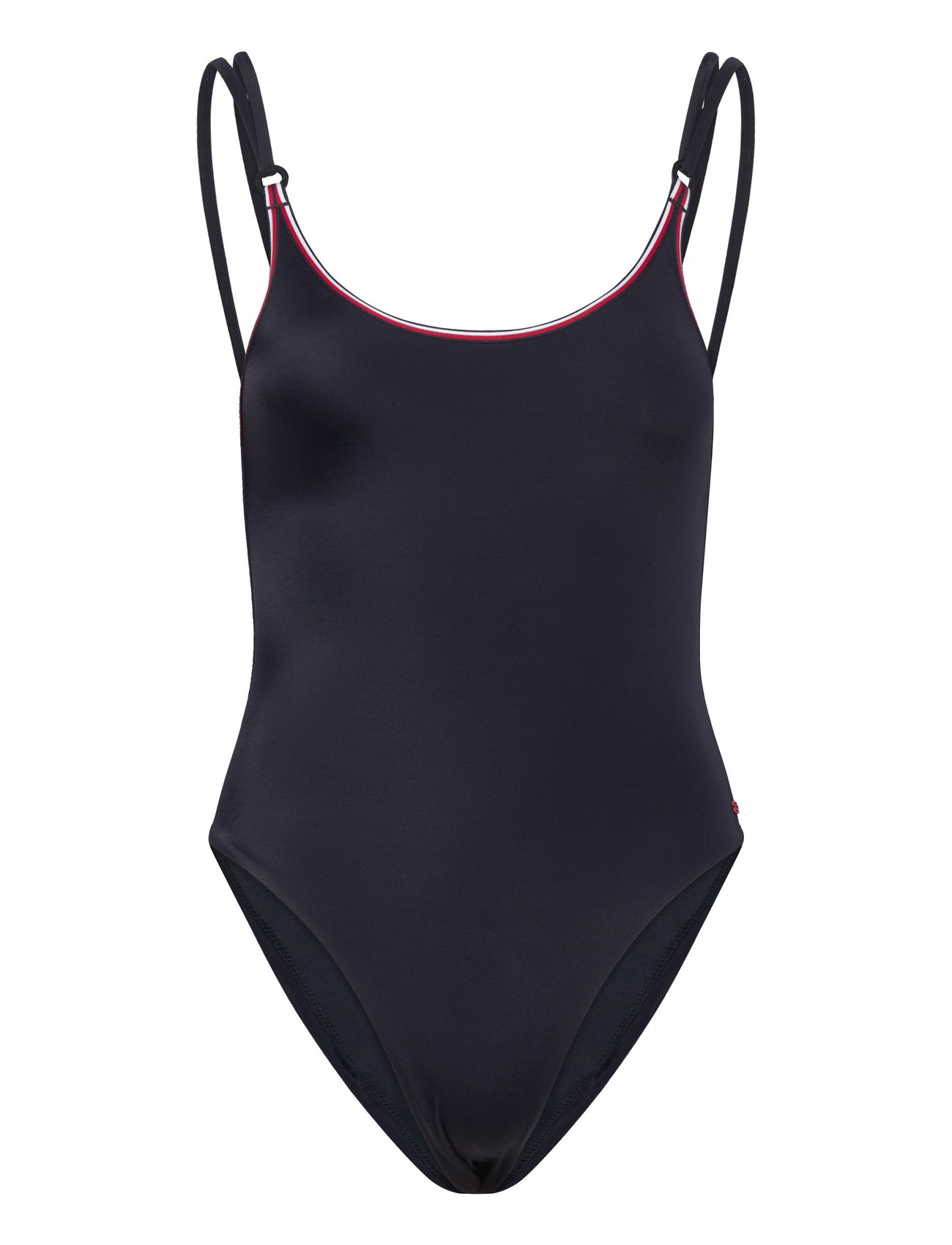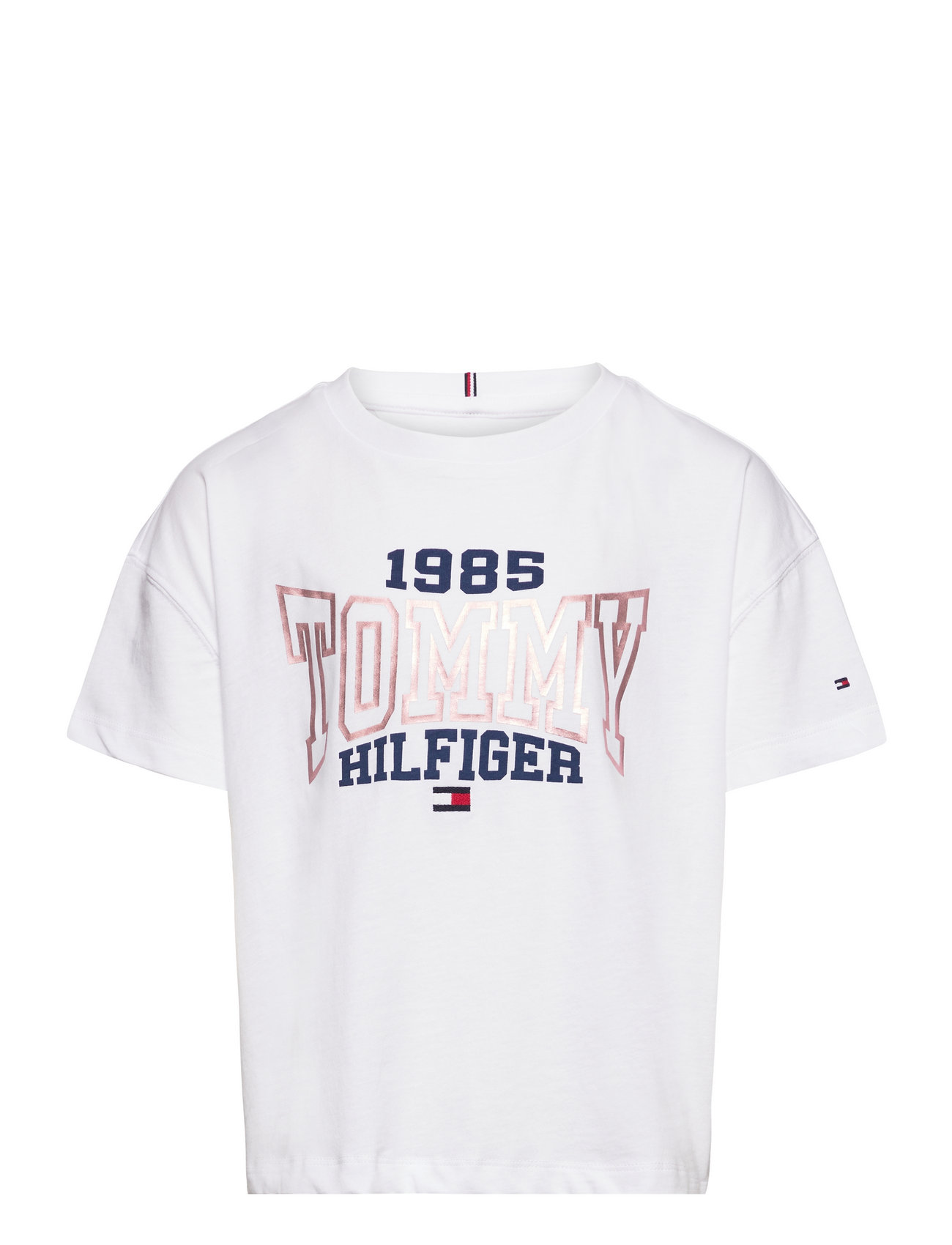Uncovering The Controversy: Racist Tommy Hilfiger Allegations
Tommy Hilfiger, a globally recognized fashion designer, has been at the center of numerous controversies over the years, including allegations of racism that have sparked heated debates. Known for his iconic red, white, and blue logo, Hilfiger's brand has been a staple in the fashion industry since the 1980s. However, accusations of racial bias have cast a shadow over his legacy, raising questions about the authenticity of his commitment to diversity and inclusion. These allegations, often referred to as "racist Tommy Hilfiger" claims, have become a topic of significant interest among fashion enthusiasts and social justice advocates alike.
Over the years, the term "racist Tommy Hilfiger" has been associated with various rumors and incidents that have circulated online and in the media. While some of these claims have been debunked as baseless, others have gained traction due to their perceived alignment with broader societal issues. As the fashion industry continues to grapple with issues of representation and equity, the conversation surrounding Tommy Hilfiger's alleged biases remains relevant. This article delves into the origins of these allegations, examines their validity, and explores the broader implications for the fashion world.
Understanding the nuances of this controversy requires a closer look at both Tommy Hilfiger's personal history and the socio-cultural context in which these allegations emerged. By analyzing the facts and separating them from fiction, we aim to provide readers with a comprehensive perspective on this contentious issue. Whether you are a fan of Hilfiger's designs or simply interested in the intersection of fashion and social justice, this article offers valuable insights into the ongoing debate surrounding the "racist Tommy Hilfiger" narrative.
Read also:Discover The World Of Instagram Juliet Angus A Rising Star On Social Media
Table of Contents
- Who is Tommy Hilfiger?
- Was Tommy Hilfiger Ever Accused of Racism?
- What Are the Facts Behind the Racist Tommy Hilfiger Rumors?
- How Did the Fashion Industry Respond to These Allegations?
- Why Are Diversity and Inclusion Important in Fashion?
- How Has Tommy Hilfiger Addressed These Claims?
- What Can We Learn From This Controversy?
- How Can Consumers Support Ethical Fashion Brands?
- Is the Racist Tommy Hilfiger Debate Still Relevant Today?
- Conclusion
Who is Tommy Hilfiger?
Tommy Hilfiger is an American fashion designer who founded the eponymous brand in 1985. Known for his preppy, all-American aesthetic, Hilfiger quickly became a household name, dressing celebrities and fashion enthusiasts alike. His designs, characterized by bold colors and classic silhouettes, have made him a prominent figure in the fashion industry. However, his journey to success has not been without challenges, including allegations that have tarnished his reputation.
| Full Name | Thomas Jacob Hilfiger |
|---|---|
| Date of Birth | March 24, 1951 |
| Place of Birth | Elmira, New York, USA |
| Occupation | Fashion Designer, Businessman |
| Years Active | 1985 – Present |
| Notable Achievements | Founder of Tommy Hilfiger Corporation, Global Fashion Icon |
Tommy Hilfiger's rise to fame was marked by his ability to blend high fashion with accessibility, making his brand a favorite among diverse audiences. Despite this, the allegations of racism have posed significant challenges to his public image, prompting a closer examination of his personal and professional conduct.
Was Tommy Hilfiger Ever Accused of Racism?
The question of whether Tommy Hilfiger was ever accused of racism has been a subject of intense debate. The term "racist Tommy Hilfiger" gained traction in the early 2000s, fueled by rumors that the designer had made derogatory remarks about Black consumers. These allegations, however, were later revealed to be part of a widespread hoax that spread across the internet. Despite the lack of evidence, the rumors persisted, leading to a significant backlash against the brand.
Many people questioned the authenticity of these claims, asking: Did Tommy Hilfiger actually say anything racist? The answer, according to multiple investigations, is no. The rumors were traced back to fabricated emails and fake news stories that were shared widely online. Nevertheless, the damage had already been done, as the allegations became deeply ingrained in public consciousness.
What Are the Facts Behind the Racist Tommy Hilfiger Rumors?
To understand the origins of the "racist Tommy Hilfiger" rumors, it's essential to examine the facts. In the early 2000s, an email chain began circulating, claiming that Hilfiger had made racist comments during an appearance on "The Oprah Winfrey Show." The email alleged that he expressed disdain for Black customers, stating that they "ruined" his brand. However, no such episode of the show ever aired, and Hilfiger himself denied making these statements.
So, What Are the Facts Behind the Racist Tommy Hilfiger Rumors? The truth is that these allegations were entirely fabricated. Snopes, a fact-checking website, debunked the claims, confirming that the email was a hoax. Despite this, the rumors continued to spread, fueled by social media and online forums. The incident highlights the power of misinformation and its potential to damage reputations.
Read also:Discovering Natalia Mans A Glimpse Into Her Instagram World
How Did the Fashion Industry Respond to These Allegations?
The fashion industry's response to the "racist Tommy Hilfiger" allegations was mixed. While some industry insiders dismissed the claims as baseless, others used the opportunity to call for greater accountability and transparency within the sector. The controversy served as a wake-up call for many brands, prompting them to reevaluate their commitment to diversity and inclusion.
One notable response came from Tommy Hilfiger himself, who issued a public statement denying the allegations and reaffirming his support for multiculturalism. The brand also took steps to address the issue by launching initiatives aimed at promoting diversity within its workforce and advertising campaigns. These efforts were part of a broader movement within the fashion industry to combat systemic racism and foster a more inclusive environment.
Why Are Diversity and Inclusion Important in Fashion?
Diversity and inclusion are crucial in the fashion industry because they reflect the world we live in. A lack of representation can alienate consumers and perpetuate harmful stereotypes, while a commitment to inclusivity can foster creativity and innovation. The "racist Tommy Hilfiger" allegations underscore the importance of addressing these issues head-on.
By embracing diversity, fashion brands can connect with a wider audience and create products that resonate with people from all walks of life. This not only benefits the industry but also contributes to a more equitable society. As consumers become increasingly aware of social justice issues, brands that prioritize diversity and inclusion are more likely to succeed in the long term.
How Has Tommy Hilfiger Addressed These Claims?
In response to the "racist Tommy Hilfiger" allegations, the designer and his brand took several steps to address the controversy. Hilfiger issued a public apology, clarifying that he had never made the statements attributed to him. He also emphasized his commitment to diversity, highlighting the brand's efforts to include models of different ethnicities in its campaigns.
Additionally, Tommy Hilfiger launched initiatives aimed at promoting inclusivity within the company. These included partnerships with organizations that support underrepresented communities and the creation of a diversity advisory board. By taking these actions, Hilfiger sought to rebuild trust with consumers and demonstrate his dedication to fostering a more inclusive brand.
What Can We Learn From This Controversy?
The "racist Tommy Hilfiger" controversy offers several important lessons for both individuals and businesses. First, it highlights the dangers of misinformation and the need for critical thinking when evaluating online content. Second, it underscores the importance of addressing social justice issues within industries that have historically lacked diversity.
For consumers, the controversy serves as a reminder to question the validity of rumors and seek out credible sources of information. For brands, it emphasizes the need to prioritize diversity and inclusion, not only as a moral imperative but also as a business strategy. By learning from this incident, we can work towards a more equitable and informed society.
How Can Consumers Support Ethical Fashion Brands?
Consumers play a vital role in promoting ethical practices within the fashion industry. By supporting brands that prioritize diversity and inclusion, shoppers can help drive positive change. This includes researching companies' policies, advocating for transparency, and holding brands accountable for their actions.
Some ways consumers can support ethical fashion brands include:
- Purchasing from companies with diverse representation in their campaigns.
- Supporting initiatives that promote inclusivity and equity.
- Engaging with brands on social media to encourage accountability.
Is the Racist Tommy Hilfiger Debate Still Relevant Today?
While the "racist Tommy Hilfiger" allegations were debunked years ago, the debate surrounding them remains relevant today. The controversy serves as a reminder of the ongoing challenges faced by the fashion industry in addressing issues of representation and equity. As society continues to grapple with systemic racism, the lessons learned from this incident remain applicable.
By reflecting on the "racist Tommy Hilfiger" narrative, we can better understand the importance of combating misinformation and promoting inclusivity. These efforts are essential for creating a more just and equitable world, both within the fashion industry and beyond.
Conclusion
The allegations of "racist Tommy Hilfiger" have been a contentious topic for years, sparking debates about misinformation, diversity, and accountability in the fashion industry. While the claims were ultimately proven false, the controversy highlights the need for vigilance in addressing social justice issues. By learning from this incident, we can work towards a more inclusive and equitable future.
Sikhs For Justice: Unveiling The Movement For Equality And Human Rights
Goggin Ice Arena: Your Ultimate Guide To Ice Sports And Entertainment
Unleashing The Fun: Lego Monster Hunter Adventures

Tommy Hilfiger One Piece Uimapuvut

Tommy Hilfiger Tommy 1985 Varsity Tee S/s Lyhythihaiset